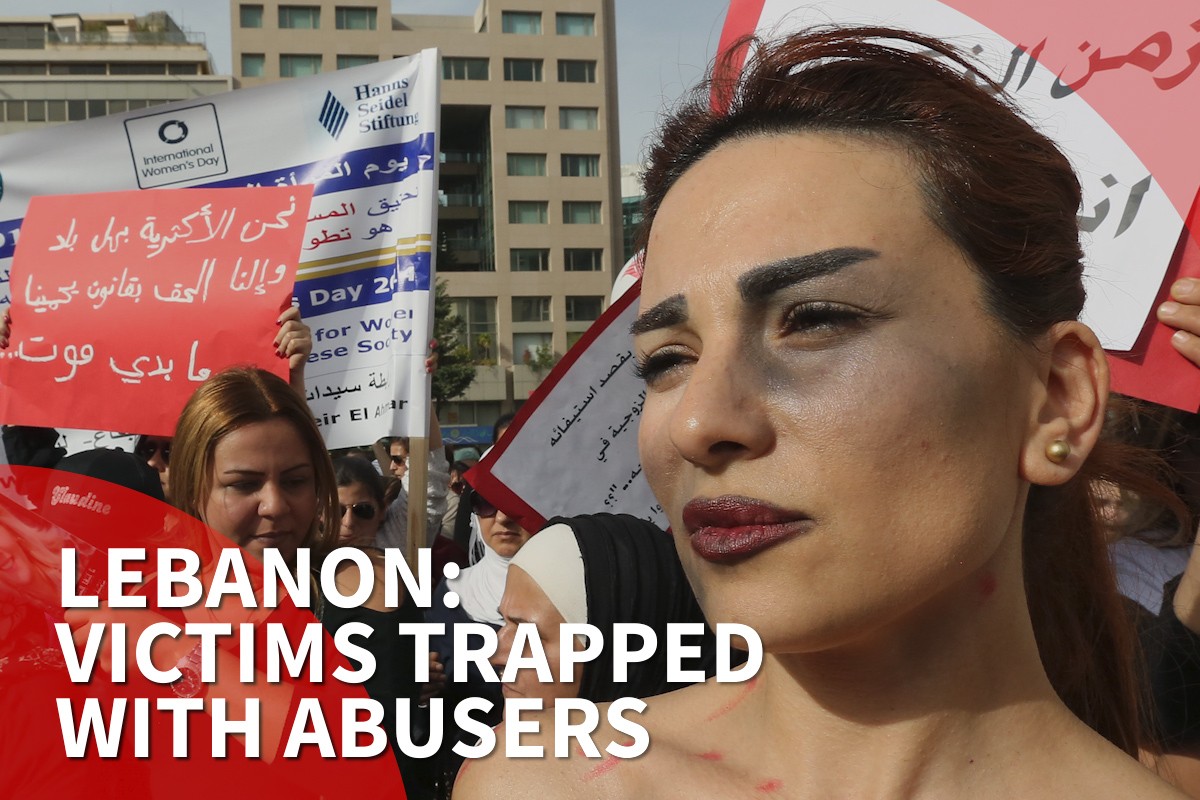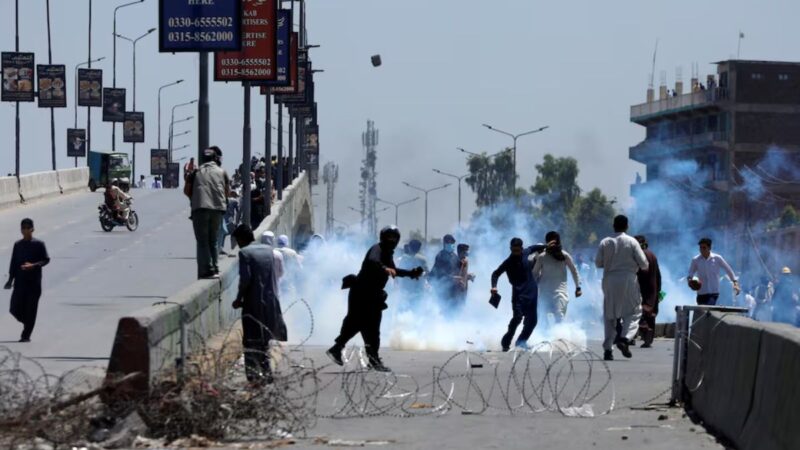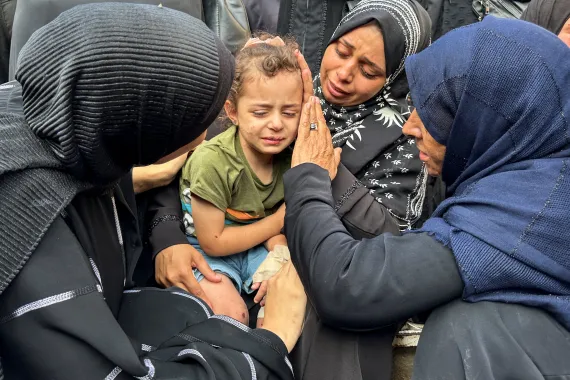In Lebanon, women are killed, abused in their homes because of lockdown

Advertisement
“He’s going to kill us and the kids as we don’t have food at home and he’s getting very furious”: These are the kind of calls domestic violence hotlines are getting on a daily basis in Lebanon.
As the world experiences its largest and most restrictive lockdown in a bid to stop the spread of the coronavirus, gender-based violence has been on the rise with victims stuck at home with their abusers.
Since quarantine began, more women have been reporting abuse in the Middle East and North Africa.
“We’re living in hard times on many levels especially in Lebanon – the system, the corruption, the failures of the government in addition to the anxieties around the health pandemic,” Ghida Anani, director of ABAAD, a human rights organization which advocates for gender equality in Lebanon said, adding that gender-based violence needs to be a priority and seen as “a key public health issue and a real pandemic that can affect us even in our safe homes.”
According to ABAAD, calls to domestic violence hotlines increased by 110 per cent in March 2020 compared to the previous year. According to records, 11 women have been killed as a result of domestic violence since the start of lockdown.
Since the start of lockdown, the number of those requesting access to emergency shelters in Lebanon has increased to 4-6 women per week.
ABAAD serves an average of 340 women per year through its shelters. “This year we have this number and we’re still in the first quarter,” Anani says.
Between being threatened to be killed and those with suicidal thoughts, those asking for emergency safe shelters as their life is in danger, many are calling for livelihood support.
Skype counselling sessions are being held for victims and for men who have a history of violence as a preventative measure while campaigns have led to a wave of victims seeking support, discreetly through social media and online, rather than risk their abuser hearing them on the phone. Many women avoid reporting abuse as a result of social pressure or fear of being ostracized.
Anani says women’s issues must be prioritized by the government.
“Sadly, it’s not even integrated within the emergency response plan,” she explains. “I would say definitely the pandemic at least doubled the magnitude of the problem and we’re hoping that the lockdown won’t be prolonged for much longer as it could lead to devastating and drastic implications.”
Advertisement






